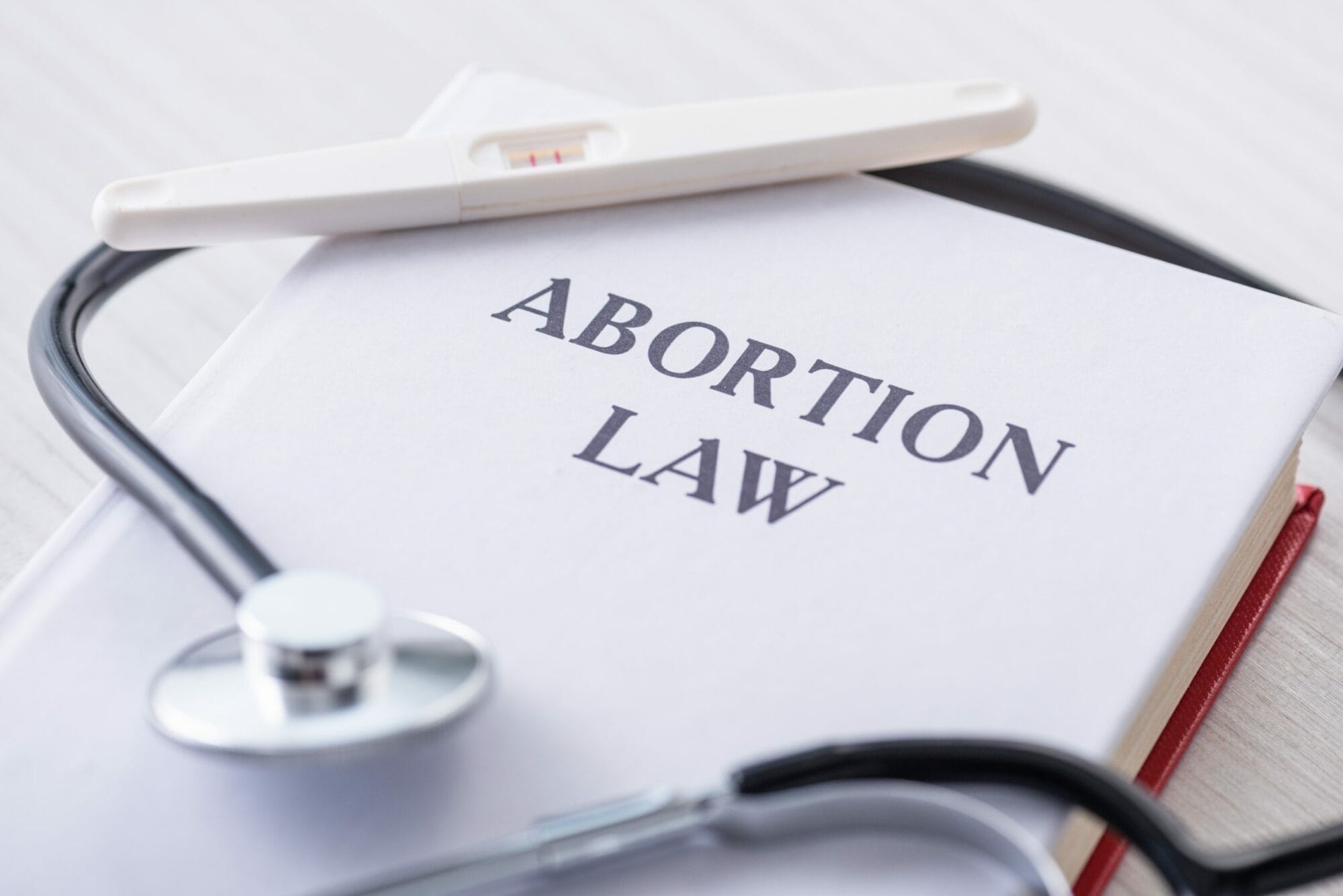Author: Joe Dana | 12 News
The consequences for women in Arizona if Roe v. Wade is overturned will undoubtedly limit their healthcare options in the state.
One analysis by the data journalism site Stacker concludes Arizona would be impacted more than any other state because of its political climate, its affected population and the average distance to an abortion clinic out-of-state, which would be 247 miles.
A Century-Old Law Would Be Resurrected
Arizona’s original abortion ban dates back to 1901 when Arizona was still a territory. It was later codified into law when Arizona gained statehood. The century-old law would be resurrected if the Supreme Court completely overturns Roe v. Wade.
The law makes it a crime for anyone to help a pregnant woman procure a miscarriage unless it’s necessary to preserve the woman’s life. The penalty for the abortion provider is 2 to 5 years in prison.
Prosecutors Would Face A Decision
There is something else to consider. County attorneys would have the discretion of whether to pursue prosecutions.
In Maricopa County, the sitting lead prosecutor Republican Rachel Mitchell says she would make exceptions for cases of rape or incest.
“While I will enforce the law because it is not my role to just say I will blanket not enforce the law, I think those situations perhaps are where prosecutorial discretion can be exercised,” Mitchell told 12 News during a recent Sunday Square Off episode.
Gunnigle Would Not Prosecute Abortion Cases
The leading Democrat candidate for County Attorney Julie Gunnigle says that if elected she would never prosecute an abortion case.
“And I think we need to make a strong statement not just that Arizonans won’t support this but that it would be a waste of resources to prosecute people for their healthcare decisions,” Gunnigle said on Sunday Square Off.
Even if a prosecutor in power publicly vows to stand down and not enforce the law, it’s not clear if women’s health clinics would take the chance of breaking the law anyway.
A leak of a draft opinion from the Supreme Court suggests it may overturn Roe v. Wade, allowing states to make abortion illegal.
The draft was published by Politico on Monday and not independently verified by USA TODAY. If the Supreme Court overturns the decision, then abortion laws would be handled by the individual states.
“Roe was egregiously wrong from the start,” Associate Justice Samuel Alito wrote in the draft obtained by Politico. “We hold that Roe and Casey must be overruled.”
The 1973 decision of Roe v. Wade constitutionally established the right to abortion.
If the Supreme Court does overturn Roe v. Wade, 22 states have laws or constitutional amendments that would take effect immediately or as soon as possible to ban abortion, according to Guttmacher Institute.
According to the institute, four other states – Florida, Indiana, Montana and Nebraska – have indicators that they could likely ban abortion as soon as possible without federal protections.
What’s everyone talking about? Sign up for our trending newsletter to get the latest news of the day
What happens if Roe v. Wade is overturned? What we know about Supreme Court’s leaked draft
“This is an earthquake – for what it portends for the future not only of Roe, but of all implied fundamental rights, and for the stunning breach of the court’s norms of confidentiality,” tweeted Stephen Vladeck, a professor at the University of Texas at Austin School of Law.
Which states will ban abortion?
According to Guttmacher Institute, 22 states have bans or could ban abortion if Roe v. Wade is overturned.
Some states have pre-Roe bans that were enacted before 1973 and were never removed. Trigger bans are laws “triggered” into effect automatically or by state action if Roe v. Wade is overturned, according to the institute.
Other states have six-week abortion bans, eight-week abortion bans and constitutions that have been amended to prohibit any protection for abortion rights.
Here’s where states stand, according to Guttmacher:
Alabama: Pre-Roe ban, near-total ban, state Constitution bars protection
Arizona: Pre-Roe ban
Arkansas: Pre-Roe ban, trigger ban, near-total ban
Georgia: Six-week ban
Idaho: Trigger ban, six-week ban
Iowa: Six-week ban
Kentucky: Trigger ban, six-week ban
Louisiana: Trigger ban, near-total ban, six-week ban, state Constitution bars protection
Michigan: Pre-Roe ban
Mississippi: Pre-Roe ban, trigger ban, six-week ban
Missouri: Trigger ban, eight-week ban
North Dakota: Trigger ban, six-week ban
Ohio: Six-week ban
Oklahoma: Pre-Roe ban, trigger ban (effective November 1, 2021), near-total ban, six-week ban
South Carolina: Six-week ban
South Dakota: Trigger ban
Tennessee: Trigger ban, six-week ban, state Constitution bars protection
Texas: Pre-Roe ban, trigger ban, six-week ban
Utah: Trigger ban, near-total ban
West Virginia: Pre-Roe ban, state Constitution bars protection
Wisconsin: Pre-Roe ban
Wyoming: Trigger ban





